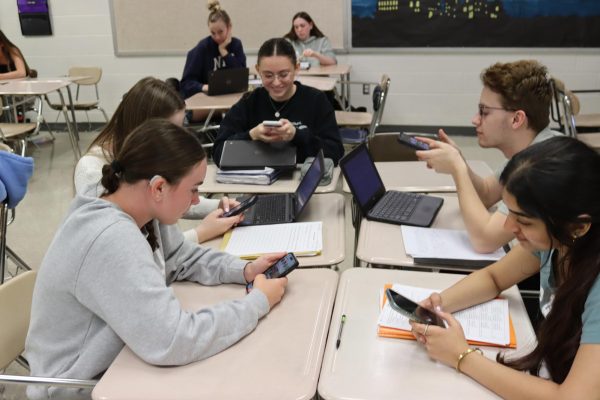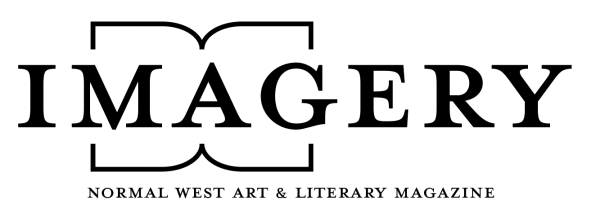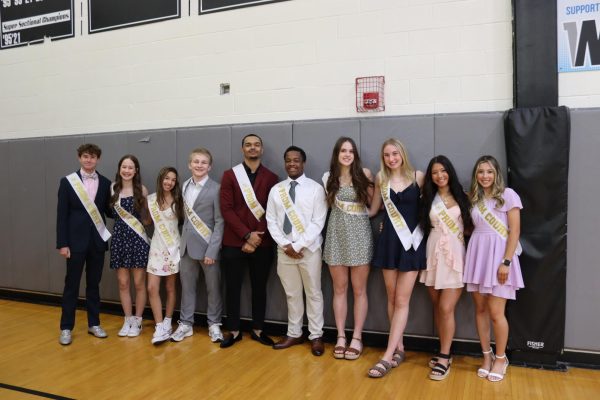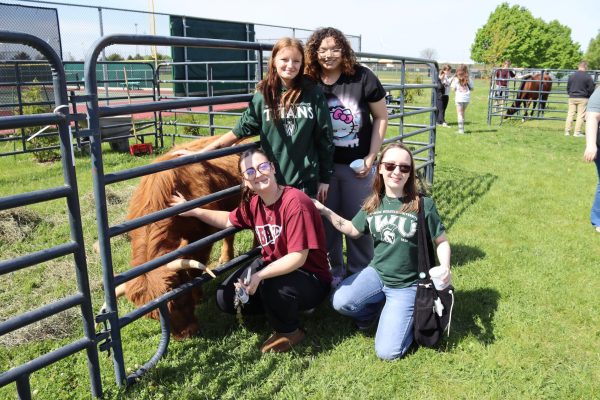Zello helps fight for Venezuela protest
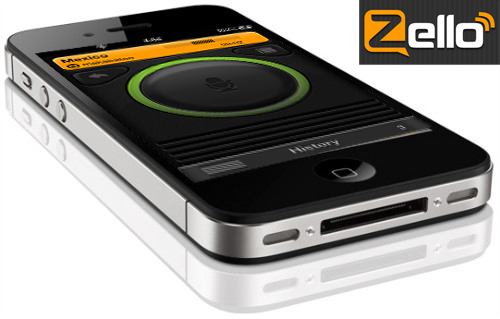
thomasmarzano.wordpress.com
Many smartphone or tablet users have and use free instant messaging apps such as Kik or What’sApp but there’s been a new app that has been made itself useful for protesters in Ukraine and Venezuela.
The app is called Zello and was designed in Russia. Due to recent events however, the app’s headquarters is now stationed in Texas. This app is like other instant messengers where you can privately send messages or short voicemails to a single recipient or a group party. It gives its users complete privacy, which is why protesters in Ukraine and Venezuela have used it to discuss and plan protests during their countries’ turmoil.
While Ukraine has had no complaints or problems, Venezuela is fighting to keep their protest and freedom alive.
Venezuela’s government is going to great lengths to end the protests. They have banned its citizens to view photos or videos on sites such as Twitter. There is a high blockade on internet and app usage currently in the country. Unfortunately, the blockade has also prevented Venezuela protesters from using Zello.
A spokesman for Twitter spoke out to CNN on Venezuela’s strict internet use, “We believe the Venezuelan government is blocking the images.” However in statement via email, the government “emphatically and categorically,” denied all involvement in the outage reported by users.
Venezuelan citizens have started to speak out towards sites and applications like Zello, complaining about the blockade. So the chief tech officer of Zello, Alexey Gavrilov, decided to take a stand.
Gavrilov changed the IP address for their Zello app, removing the blockade and making it even harder for the government to block it again. The updated version of Zello has already been approved and is out for all Android users, but is still awaiting approval for Apple and BlackBerry devices.
Venezuelans have also begun installing VPN software and applications to avoid the digital blockade. VPN, or Virtual Private Networking, reroutes internet connections through another country which allows its users to have an unblocked connection via another country, such as the United States.
However, Venezuela is not the only place that connects to the United States’ internet. Places such as China also connects to the US to get around blockades in their country.
Students at West seem divided by America’s help in Venezuela’s protest.
“If they don’t share the same form of government as us, we shouldn’t be getting in their way. It’s their country and while yeah we may not agree with it, we have to let them run their country the way they want to. Not the way we want to,” said senior Kayla Mansfield.
“[Venezuela] would do well to copy the US government and get a constitution and a bill of rights. I believe that we should help the protesters in their long and arduous struggles to gain freedom,” junior Chris Runyan added.

